Scan Texturing (General)¶
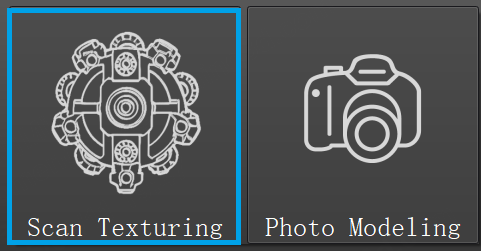

Input:
3D scans (STL / OBJ / OFF...) from any scanner + digital photos (JPG / PNG / TIFF...) from Digital camera/mobile devices
Output:
-
High-Poly Mesh: High-accuracy textured model (original polygon count)
-
Mid-Poly Mesh: Medium-accuracy textured model (300k–1M polygons)
Stage 1: High-Poly & Mid-Poly Mesh Processing¶
High-Poly Mesh Processing¶
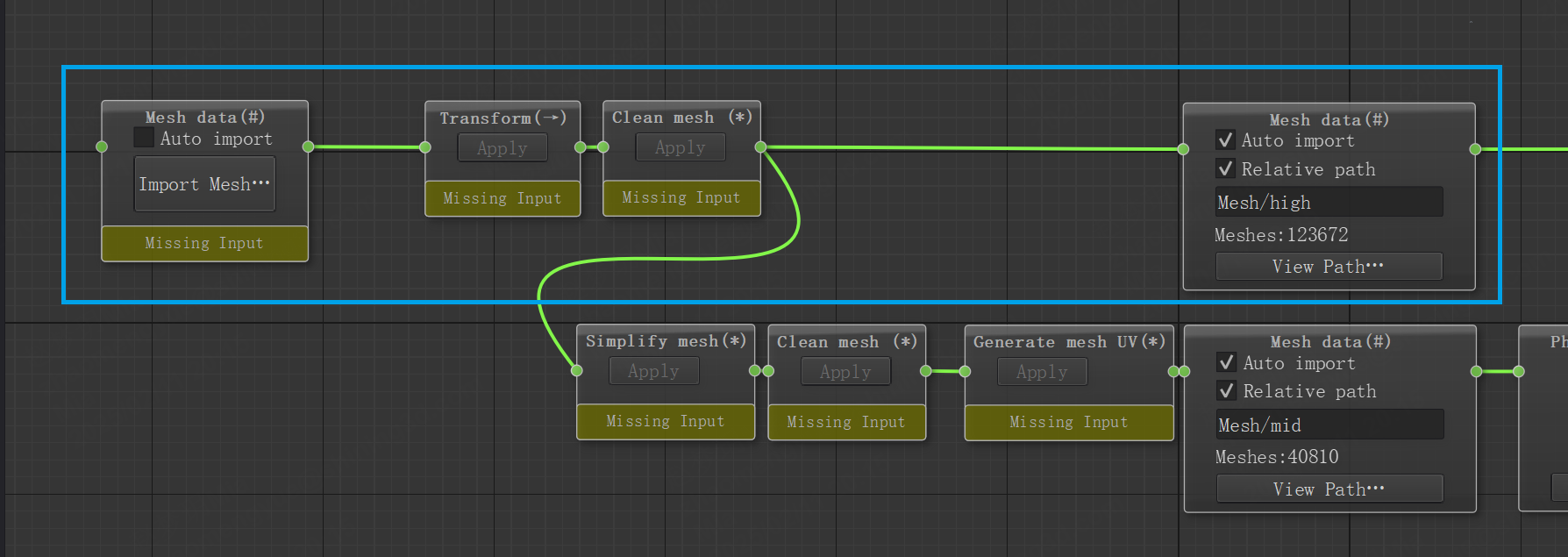
Import Mesh Data:
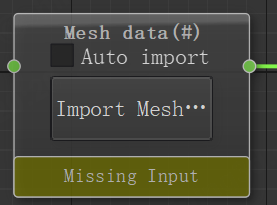
Click to import mesh data.
Transform / Clean Mesh:
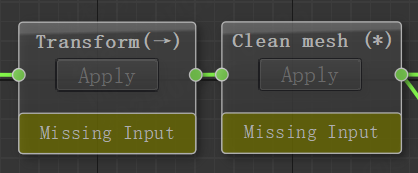
Translate / Rotate (align coordinates), Reset to Center (0,0,0), and perform Deep Mesh Cleaning.
Mesh Data:
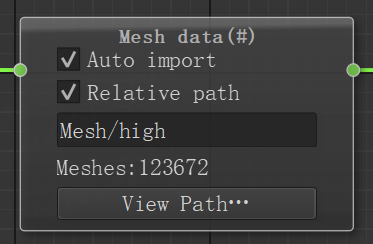
Output High-Poly data (preserves original scan resolution).
Mid-Poly Mesh Processing¶
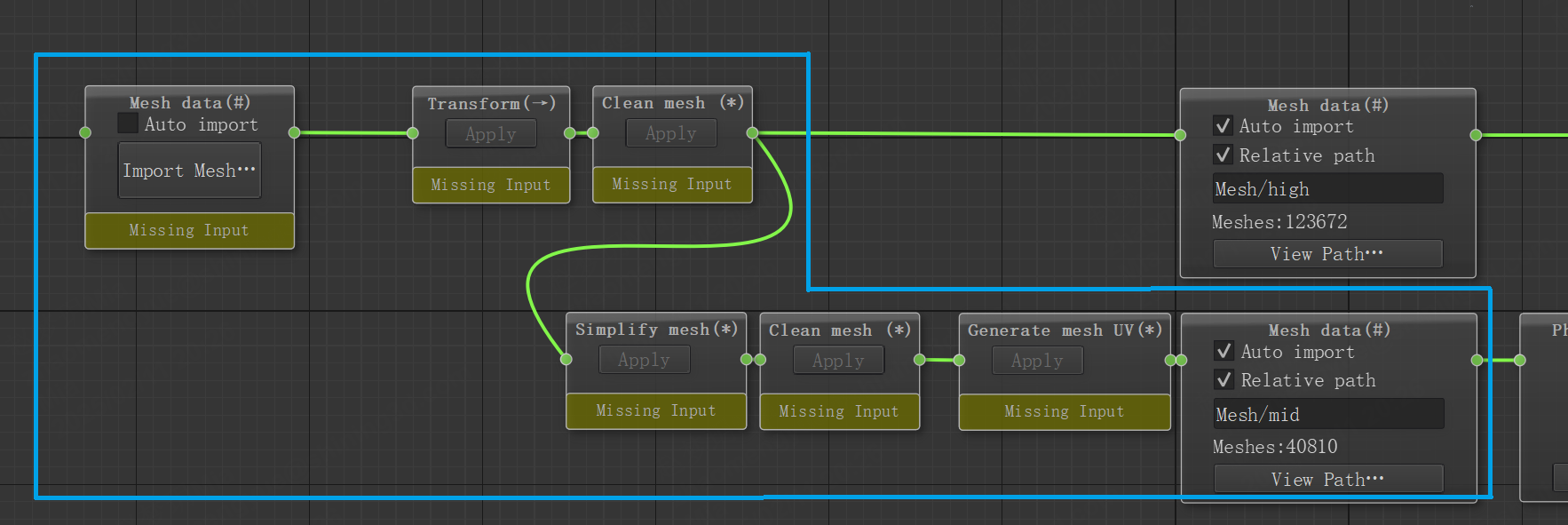
Import Mesh Data:
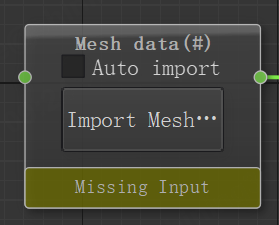
Click to import mesh data.
Transform / Clean Mesh:

Translate / Rotate (align coordinates), Reset to Center (0,0,0), and perform Deep Mesh Cleaning.
Simplify Mesh:
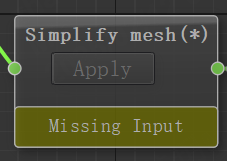
Simplify High-Poly model to 300k–1M polygons.
Clean Mesh & Generate Mesh UV

Output
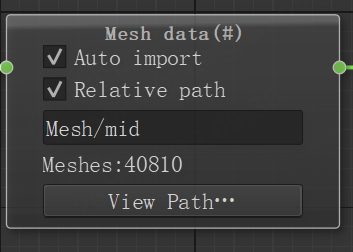
Output Mid-Poly data (optimized for texturing)
Stage 2: Photogrammetric Camera Solving¶
Photo Cap
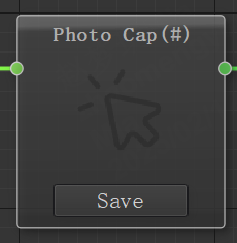
Import photos and perform:
AI Mainbody Detection (generate foreground masks)

Relative Orientation (compute inter-photo positions)

Absolute Orientation (align photos to 3D model without altering model dimensions)

Fine Registration (between sparse / dense point clouds (from relative orientation) and 3D model geometry)

Stage 3: Texturing Mesh¶
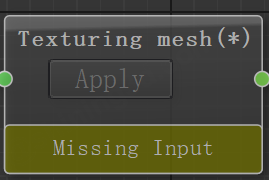
Three Mapping Modes:
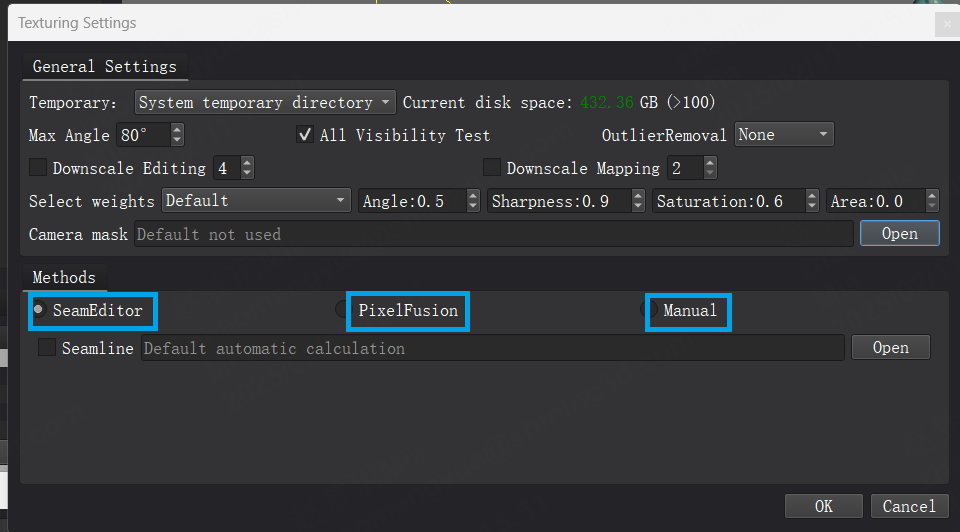
| Method | Description |
|---|---|
| SeamEditor |
|
| Pixel Fusion |
|
| Manual Mapping |
|
Stage 4: Refine Textures¶
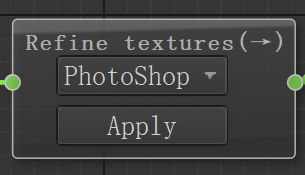
Third-Party software Workflow:
Real-time synchronization with Photoshop / Blender:
-
UV edge color harmonization (eliminate seams)
-
Dynamic texture updates
Stage 5: Transfer UV & Bake Textures¶
Transfer UV
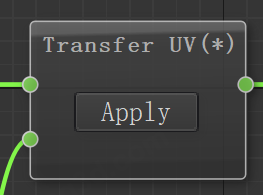
Transfer Mid-Poly UVs to High-Poly model (avoids re-unwrapping 100 M+ polygons)
Bake Textures
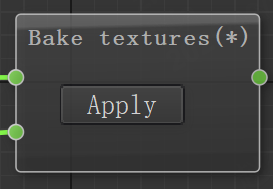
Mid-Poly → High-Poly (diffuse / albedo maps)
High-Poly → Mid-Poly (structural details)